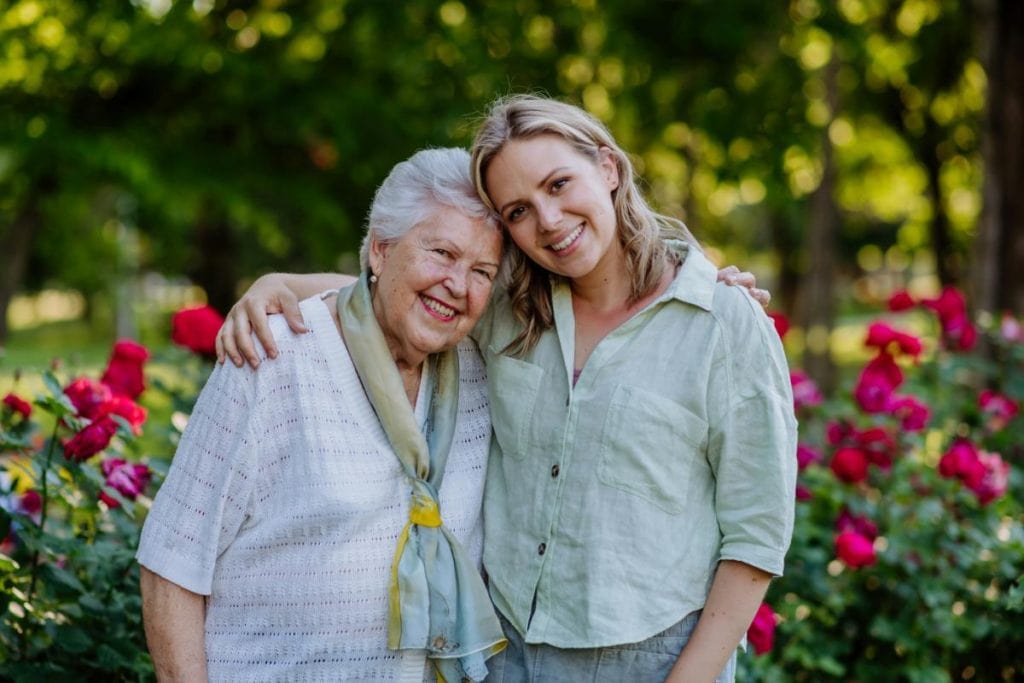Caring for an elderly parent while raising young children can feel like juggling two full-time jobs. Each demands a lot of time, energy, and emotional investment. Finding a balance might seem daunting, but it is possible with some thoughtful planning and the right resources.

Embracing Professional Home Care Assistance
One of the first and most crucial steps you can take is to seek professional home care assistance for your elderly parent. This not only ensures that they receive the specialized care they need but also provides you with some much-needed relief.
- Reliable Care : Professional caregivers are trained to handle the unique needs of the elderly, from medication management to personal hygiene.
- Emotional Support : Knowing that your parent is in capable hands can reduce your stress and allow you to focus more on your children.
- Flexibility : Home care services can be tailored to fit your schedule, offering support when you need it most. They use professional staff rostering software to ensure their team is well-organized and everyone gets the care they need when they need it.
Creating a Support System
Balancing your responsibilities effectively often requires a strong support system. This can include family, friends, neighbors, and community resources.
Engaging Family and Friends
Involve family and friends in your caregiving routine. Sharing the load can make the process more manageable and less isolating.
Coordinating Care
Organize a care schedule that details who will help and when. This could involve siblings taking turns to visit or friends helping with school runs.
Open Communication
Maintain open lines of communication with your support network. Keep them updated on your parent’s condition and your own needs.
Utilizing Community Resources
Community resources can provide additional support and respite.
Local Senior Centers
Many senior centers offer activities and programs that can engage your parent and give you a break.
Childcare Programs
Look into local childcare programs or playgroups for your children. This can free up time for you to focus on your parent.
Prioritizing Self-Care
It’s easy to neglect your own needs when you’re focused on caring for others, but self-care is essential to maintaining your well-being and effectiveness.
Scheduling ‘Me Time’
Ensure you carve out regular time for yourself. This could be as simple as a weekly yoga class or a daily walk.
Recognizing Burnout
Learn to recognize the signs of burnout, such as constant fatigue or irritability, and take steps to address them.
Seeking Professional Help
Don’t hesitate to seek professional help for your own mental health. Therapists and counselors can provide valuable support and coping strategies.
Streamlining Daily Routines
Simplifying your daily routines can help reduce stress and free up more time for caregiving and family activities.
Establishing a Routine
Create a daily schedule that includes time for caregiving, family activities, and personal time.
Morning and Evening Routines
Set consistent morning and evening routines to help everyone in the household know what to expect.
Meal Planning and Preparation
Plan and prepare meals in advance to save time during the week.
Healthy and Quick Meals
Focus on healthy, quick-to-prepare meals that cater to both your children and elderly parent.
Balancing Attention Between Generations
It’s important to ensure that both your children and your elderly parent feel valued and cared for.
Quality Time with Children
Spend dedicated time with your children to ensure they don’t feel neglected.
Engaging Activities
Plan activities that you can enjoy together, such as family game nights or outdoor adventures.
Special Moments with Your Parent
Make sure to spend quality time with your parent as well.
Shared Hobbies
Engage in activities they enjoy, whether it’s watching a favorite TV show together or working on a hobby.

Addressing Financial Concerns
Managing finances effectively can alleviate some of the stress associated with caregiving.
Budgeting for Care
Create a budget that accounts for caregiving expenses and stick to it.
Exploring Financial Aid
Look into financial aid options for elder care, such as government programs or nonprofit organizations.
Insurance and Benefits
Ensure that your parent’s insurance and benefits are optimized to cover their needs.
Encouraging Independence
Promoting independence in both your elderly parent and your children can make your caregiving role more manageable.
Empowering Your Parent
Encourage your parent to do as much as they can on their own, whether it’s small household tasks or personal care.
Adaptive Equipment
Invest in adaptive equipment that can help your parent maintain their independence.
Fostering Independence in Children
Teach your children to take on age-appropriate responsibilities, which can help lighten your load and build their confidence.
Chores and Responsibilities
Assign chores that your children can handle, fostering a sense of responsibility and teamwork.
Building a Resilient Family Dynamic
Fostering a supportive and resilient family dynamic can help everyone cope better with the demands of caregiving.
Open Communication
Maintain open and honest communication with all family members about your situation and needs.
Family Meetings
Hold regular family meetings to discuss schedules, responsibilities, and any issues that arise.
Celebrating Small Wins
Celebrate small victories and milestones, whether it’s a good day for your parent or a special achievement by your child.
Reflecting on Your Journey
Looking back on your caregiving journey can provide valuable insights and a sense of accomplishment.
Journaling
Keep a journal to document your experiences, challenges, and successes.
Learning and Growing
Reflect on what you’ve learned and how you’ve grown through the process.
Staying Positive
Maintain a positive outlook and focus on the love and care you’re providing for your family.
Wrapping Up the Journey
Balancing the care of an elderly parent with raising young children is undoubtedly challenging, but it’s also incredibly rewarding. By seeking professional help, building a strong support system, prioritizing self-care, and maintaining open communication, you can navigate this journey with grace and resilience. Remember, you’re not alone, and there are resources and people ready to support you every step of the way.
